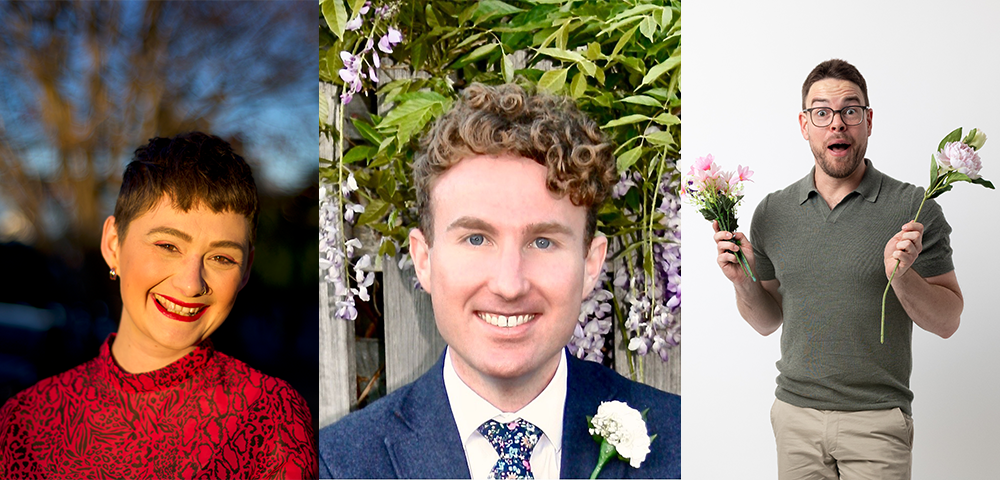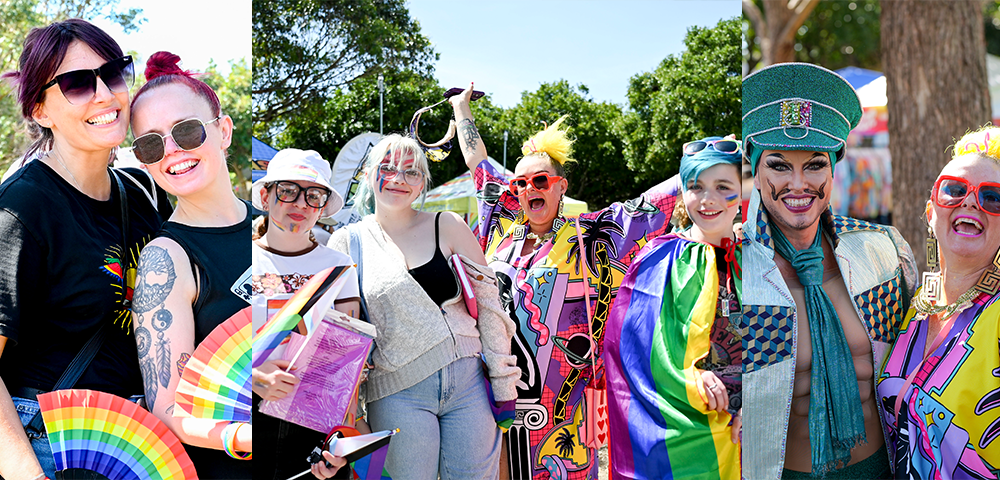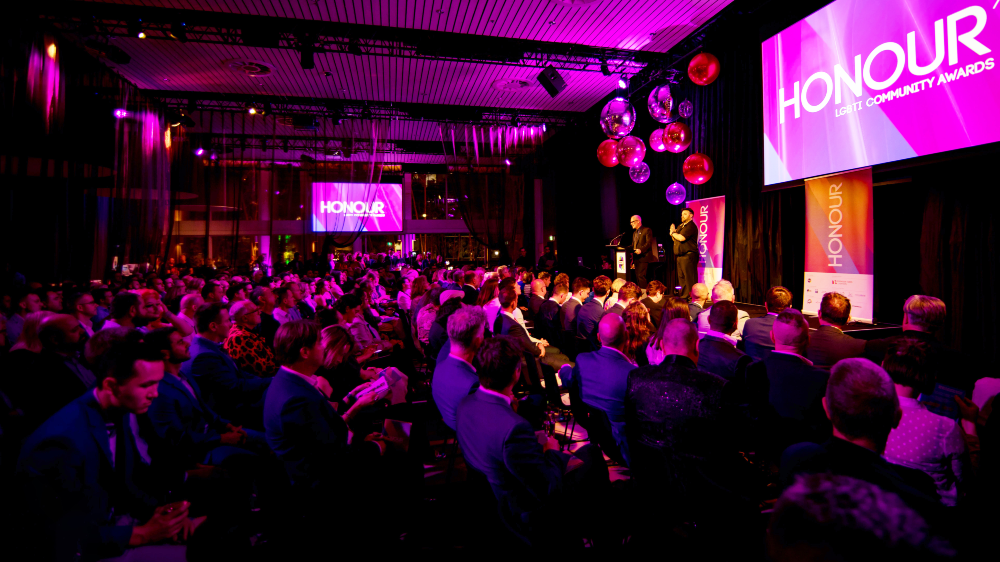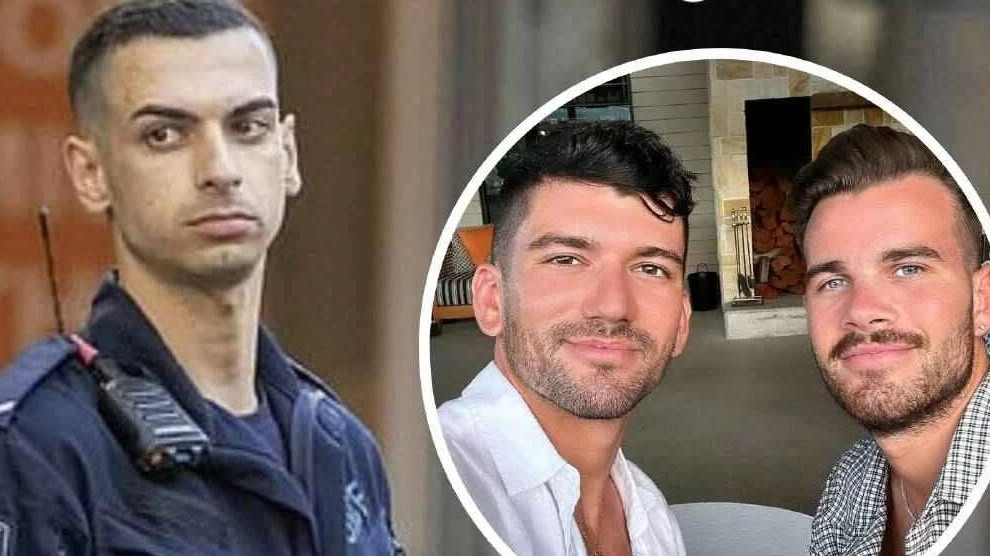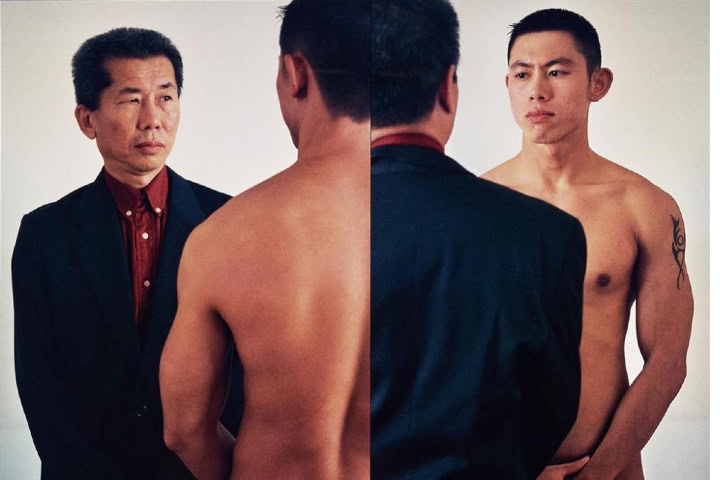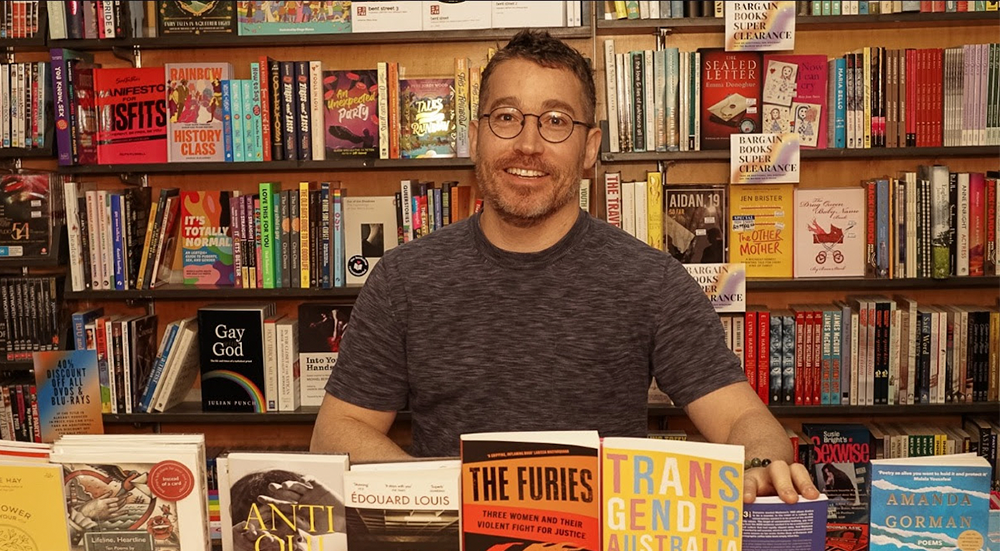
The object of his affection
Director Rowan Woods had a number of objectives he set out to fulfil when he began work on his latest movie Little Fish. One of them was to bring to the screen a story he first began work on 11 years ago about people battling drug addiction and living in Sydney’s Cabramatta area.
Another was to work with Cate Blanchett, with whom Woods had discussions for a variety of projects in recent years. She also presented him with his 1998 AFI Best Director award for The Boys.
But a main objective was to explore the complex topic of what happens when Australian sporting heroes fall from grace, and the kinds of people who then help build them up again.
Now that Little Fish has been released in cinemas, Sydney-based Woods, 46, seems happy with the finished result.
I have never seen a lost tribe of folk put into the spotlight before, in such a warm and loving way, says Woods, who wrote the first script in 1994 while at film school. Screenwriter Jacquelin Perske developed the work into the final script. Even though the script is tough and not afraid to be harrowing, it is also full of love and has an end point full of hope.
This is about the tribe of people who have done the hard yards (battling addictions) and now are trying to find happiness in the straight world.
Little Fish is the tale of Blanchett’s character Tracy, a former heroin addict who has been clean for four years and now wants to make a move in her life by buying into a video store business.
Academy Award winning Blanchett is, as expected, brilliant in her first Australian role in eight years. She is the actor of her generation -“ right up there with the best of them, says Woods. But it is Hugo Weaving’s performance as her friend Lionel, a heroin addicted gay former rugby league legend, that is attracting much acclaim.
The film explores the relationship between the reformed Tracy and her father figure Lionel, who wants to break the bonds of addiction but can’t. Lionel’s relationship with married underworld boss Bradley (Sam Neill), however, is the great passion of Lionel’s life, but ultimately brings about his undoing.
Woods says he based the character of Lionel on a number of rugby league players he knew of, and their relationships with powerful figures.
I have always been interested in sporting figures, whether they are gay or straight, who have interesting mentor relationships with sugar daddy figures. There are all these ex players who, when the door closes on their profiles, they fall over dreadfully, and then get helped by these business figures or the criminal underworld, who have been like groupies.
The relationship [between Lionel and Bradley] is on the tail of that. Bradley is so cold to Lionel because he is a cold person and has not been true to himself, unlike Lionel who is open and romantic.
For Bradley, there is also an aspect of selfish sex between them and taking advantage of Lionel’s fame. It is the classic contrast of someone who is open and being gay is not an issue for them, but their lover, who they genuinely love and need, has this crippled psyche and can’t own up to who they are.
The intimacy between the characters is expressed in their first scene together when Lionel lunges at his former lover and kisses Bradley passionately on the mouth.
Woods explains the kiss, which sets up the state of the relationship between the pair, proved to be something of a challenge for the straight Sam Neill.
Sam was freaked out by it, laughs Woods. Sam is a lovely fellow and very open-minded, but he has never been in there kissing a bloke. But it was perfect dramatically as he was not supposed to respond. As for Hugo, I think he has done this before and it was not an issue for him.
The scene is one of the delicious red herrings in the script. They have broken up and Lionel is not accepting of that. I love those love stories with that terrible human thing, when one party is harbouring this romantic notion that they can get back together. That sets up the sadness and tragedy of Lionel.
Woods had some additional insight into the world of gay rugby league players with former international football icon Ian Roberts acting as a consultant on the film. Roberts worked with Weaving on the details of the toll the sport takes on a player’s body, as well as the aftermath of what happens once a sporting star steps out of the spotlight.
Roberts also makes a cameo appearance in the movie as a friend of Lionel’s who joins him in an autograph signing appearance at a shopping centre.
It really was irresistible to do that, says Woods. Ian provided all kinds of amazing insider trading for Hugo, but Ian is also a professional actor-¦ I could not help myself on that ironic character. But in other respects, he is the ultimate Adonis ex-sportsman, so he was perfect.
Having now worked with Blanchett, Woods plans to work with another international level Aussie acting talent, Toni Collette, in a movie adaptation of the Luke Davies novel Isabelle the Navigator. Woods previously worked with Collette on The Boys and hopes to complete the new film next year.
Also on the agenda is to finally break in to the Hollywood market. Having worked extensively in Australian film and television, Woods says he is now waiting on the right script to tempt him across the Pacific.
The vague career plan is that I might get a half decent Hollywood script, which I have not had before. After The Boys, I got sent a whole lot of really bad thrillers and horror movies, and it was not worth moving my family there.
I thought after this (Little Fish), I might get better scripts through. Hopefully that will work this time.




